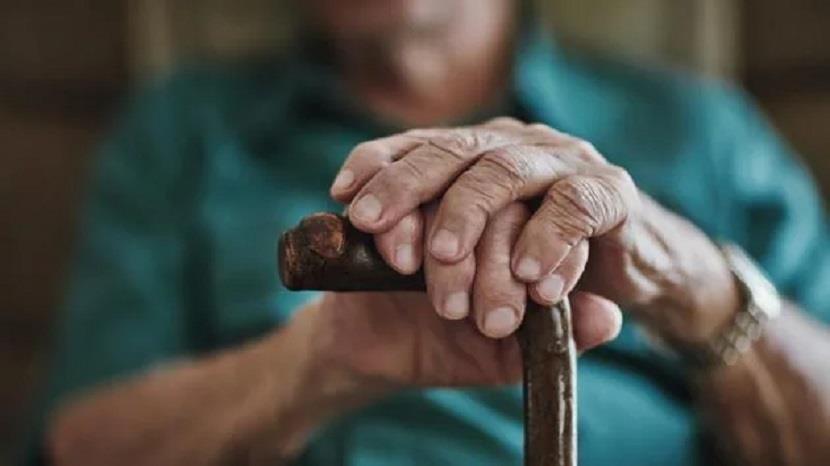
Elderly Oversight Vanishing In Kashmir
Representational Photo
By Dr. Ashraf Zainabi
Once, every mohalla and village in Kashmir had its respected elders - the babs, kaks, tooths and sobs - who commanded influence, honesty, and authority. Figures like Hassan Bab, Rahim Sob, or Assadullah Kak were not only known for their wisdom but also served as community judges, counsellors, and moral guides, that generation is fast disappearing. The grandfathers born before 1950 - men who witnessed wars, transitions, and the evolution of Kashmiri society - are leaving behind not just mourning families, but a Valley poorer in guidance, tradition, and moral authority.
In their later years, many chose silence - perhaps out of fatigue or the realisation that their advice no longer held weight. Their passing has created a void that younger elders, shaped by different times and values, have struggled to fill.
The new generation, now in their fifties and sixties, grew up amid political turmoil, social fragmentation, and material struggles. Few possess the patience or influence to act as moral anchors, as their predecessors once did. The result is a visible social drift - families more divided, disputes unresolved, and communities less cohesive.
ADVERTISEMENTThis decline is more than nostalgia. Elderly oversight once ensured fairness, preserved traditions, and reminded the young of their roots. It provided a steady hand that kept households and neighbourhoods intact. Without it, the social fabric weakens.
To grasp the loss, one must remember what elders meant to Kashmiri life. They were bridges to the past - keepers of oral history, stories of struggle and resilience, of floods before embankments, winters before heating, and silence before smartphones. Their lived memory was a moral compass for those who came after.
Elders also sustained cultural life. Through idioms, proverbs, and folk tales, they kept the Kashmiri language and traditions alive. They mediated disputes with fairness and compassion, reminding people that dignity lay in patience and dialogue.
But modern life has changed the equation. Education, jobs, and migration have scattered families. Children live far away, grandparents grow old in isolation, and the everyday intimacy that once defined Kashmiri homes has faded.
Decades of conflict and unrest have also silenced many. Having lost homes, loved ones, and hope, many elders chose quiet over confrontation. Speaking up was once an act of courage; now, it often feels futile.
Meanwhile, the digital age has shifted values. Speed, convenience, and self-interest dominate. Respect and patience, once central to Kashmiri culture, are now seen as old-fashioned. Maintaining large households has become expensive, and caring for elders increasingly feels like a burden for families under economic strain.
Once, elder intervention carried social weight - wrongdoers were corrected, disputes defused, and harmony maintained. Now, even that informal authority is waning. The once unthinkable sight of elders in old-age homes is becoming common. While such institutions may provide comfort, they cannot replace the warmth of one's own home.
Women elders suffer more. Widows often live quietly on the margins, their decades of service and sacrifice recognised only after their passing.
The pain of neglect is not only physical but emotional. Many elders feel invisible - not because they are weak, but because they no longer seem relevant. When no one listens, when stories die untold, loneliness deepens.

Legal Disclaimer:
MENAFN provides the
information “as is” without warranty of any kind. We do not accept
any responsibility or liability for the accuracy, content, images,
videos, licenses, completeness, legality, or reliability of the information
contained in this article. If you have any complaints or copyright
issues related to this article, kindly contact the provider above.
Most popular stories
Market Research
- Thinkmarkets Adds Synthetic Indices To Its Product Offering
- Ethereum Startup Agoralend Opens Fresh Fundraise After Oversubscribed $300,000 Round.
- KOR Closes Series B Funding To Accelerate Global Growth
- Wise Wolves Corporation Launches Unified Brand To Power The Next Era Of Cross-Border Finance
- Lombard And Story Partner To Revolutionize Creator Economy Via Bitcoin-Backed Infrastructure
- FBS AI Assistant Helps Traders Skip Market Noise And Focus On Strategy




















Comments
No comment